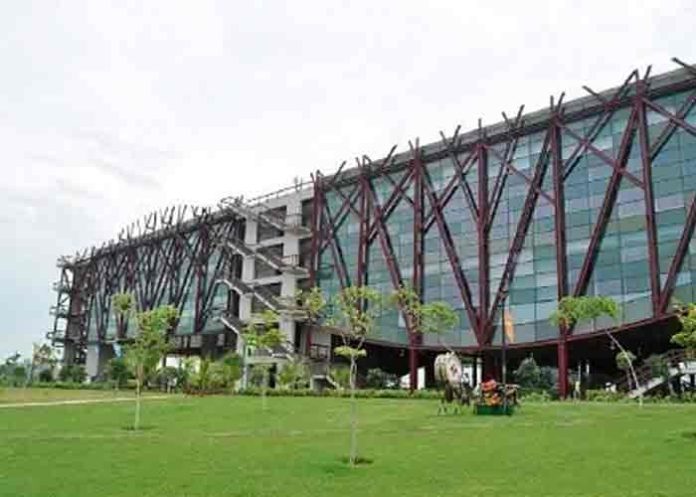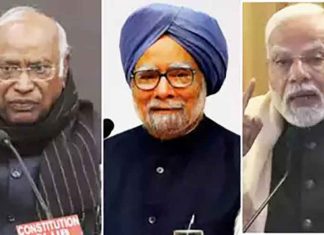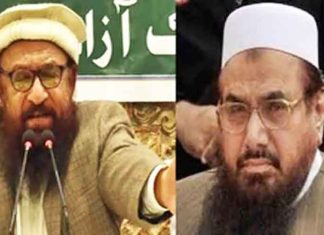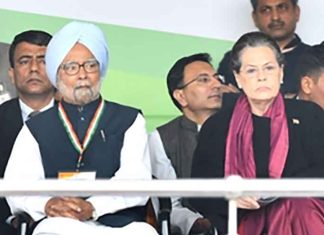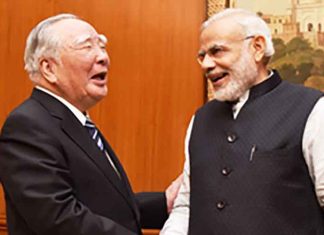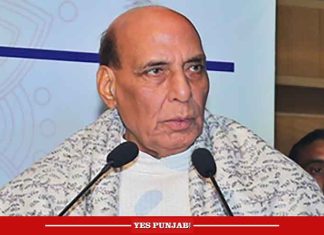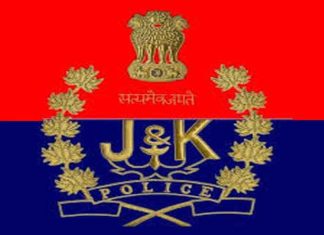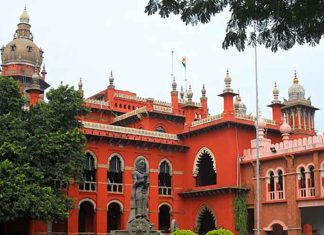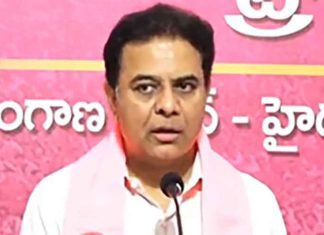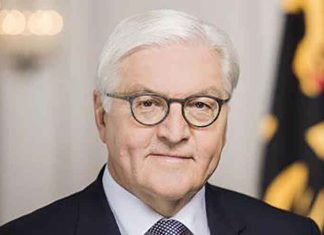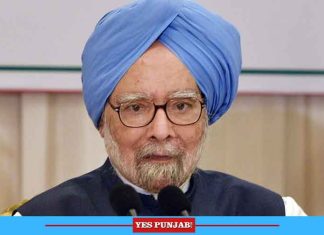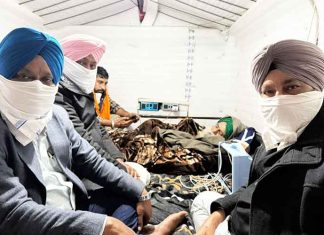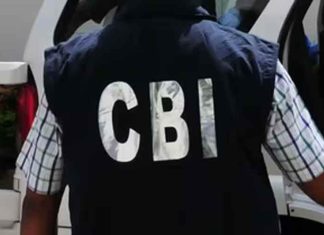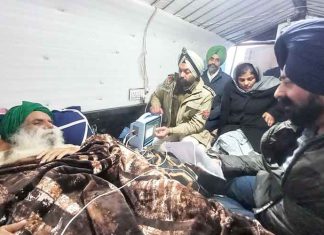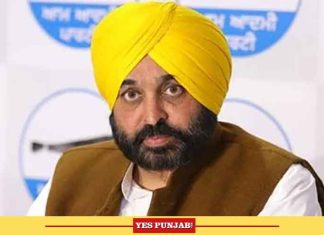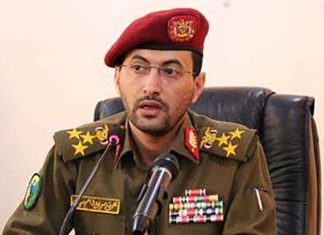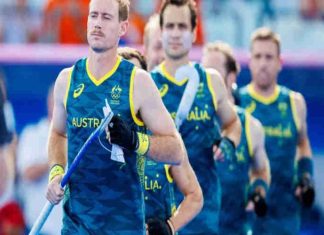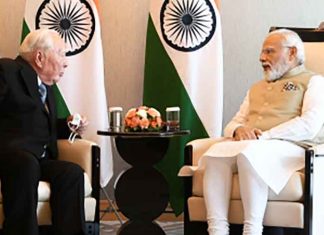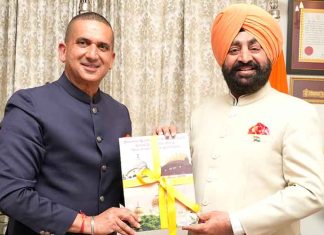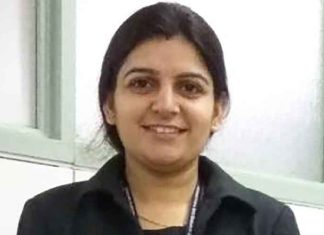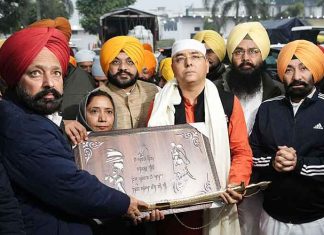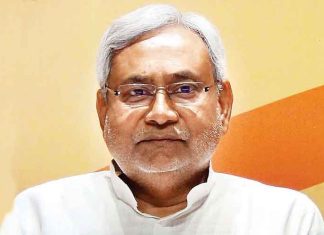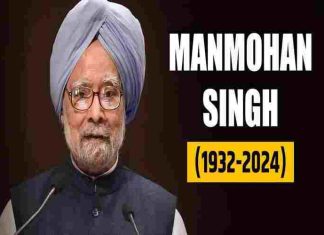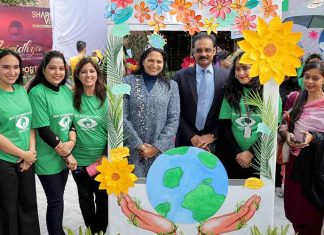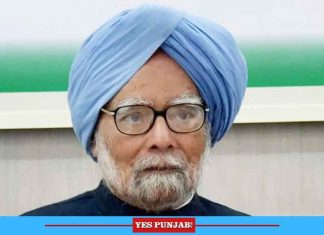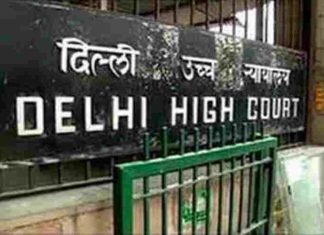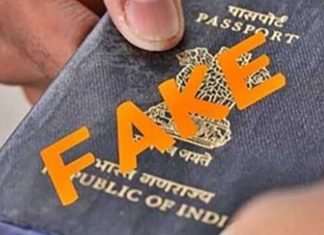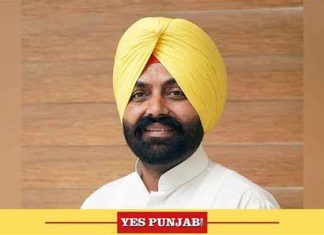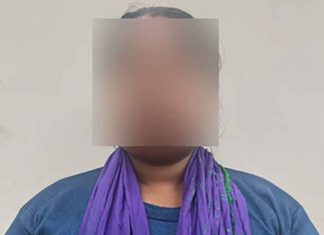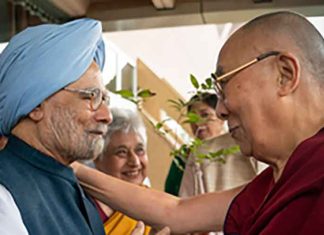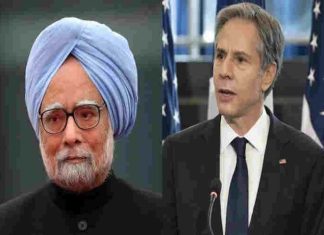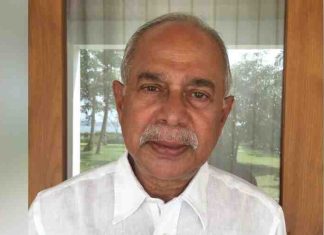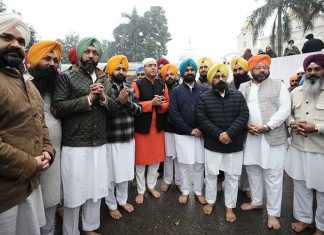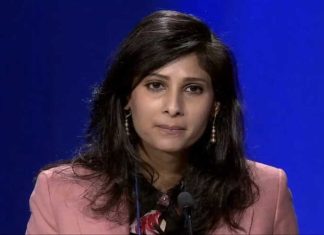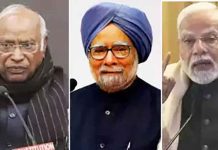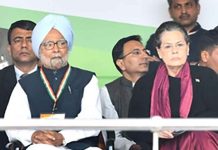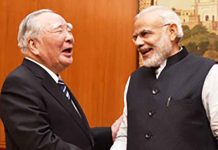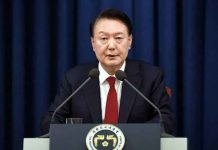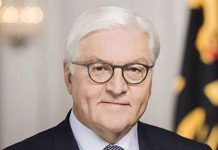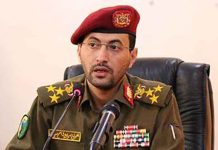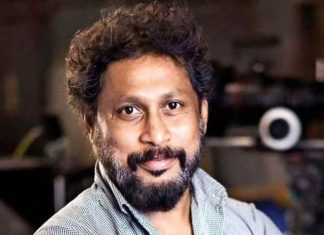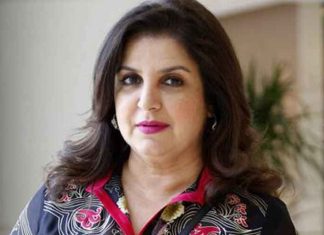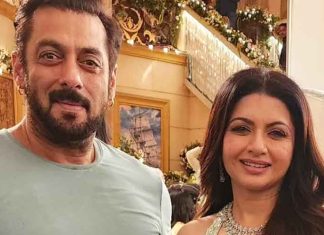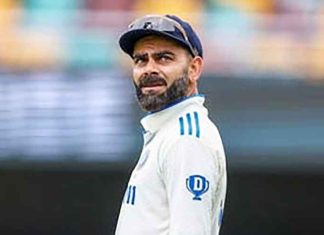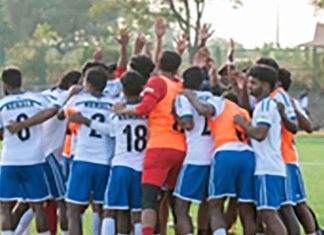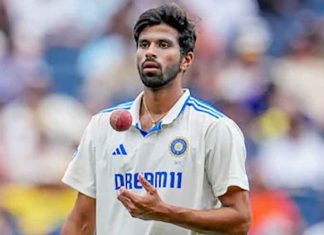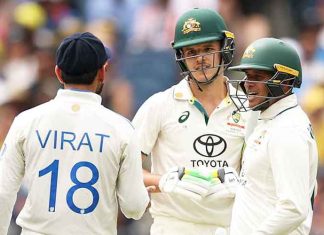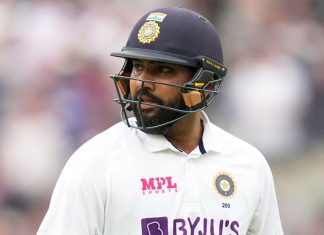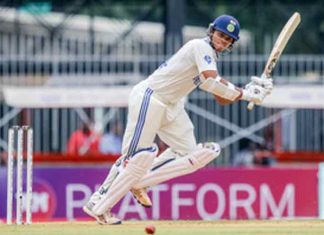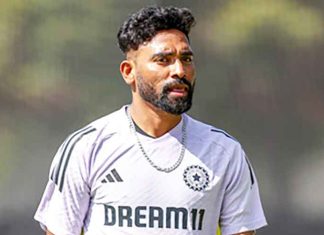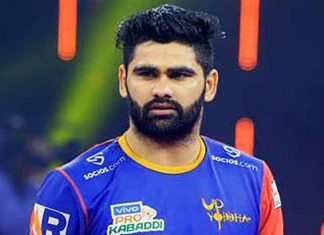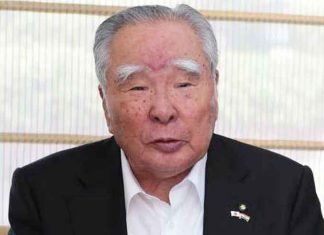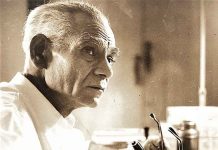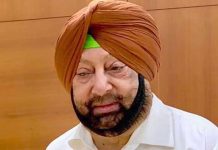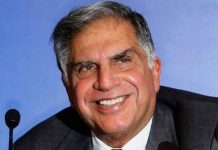Sonipat, Sep 27 2024-
The Jindal India Institute (JII) of O.P. Jindal Global University (JGU) hosted 31 foreign diplomats, foreign correspondents and defence attaches from 20 embassies, high commissions, international organisations and new agencies at the third edition of its one-day certificate course on ‘Understanding India’s Foreign and Security Policy’ in New Delhi.
The countries and institutions represented in this training event were Australia, Brazil, Canada, European Union, Finland, Kenya, Lithuania, Norway, Russia Today (RT), Rossiyskaya Gazeta, South Africa, Suriname, Sweden, Taiwan, Tanzania, Togo, the UK, the US, Zimbabwe and the International Committee of the Red Cross (ICRC).
The day-long engagement has six modules delivered by expert practitioners and academicians in international and defence matters. They provided a nuanced understanding of India’s foreign policy objectives and security strategies in an increasingly complex international landscape.
Sreeram Chaulia, Professor and Director General of JII, kick-started the discussion by providing a comprehensive overview of the essentials of India’s foreign policy.
He discussed how India’s foreign policy strategies are informed by its rich strategic heritage, ranging from Kautilya’s realpolitik to the idealism of the Upanishads. He focused on the intent and purpose behind core concepts like strategic autonomy, non-alignment, multi-alignment, net security provider, first responder, Vishwa Mitra and Vishwa Guru and showed how India is extracting maximum benefits from foreign engagements to enable its rise as a ‘leading power’ in the world.
The first half of the day also featured a session explaining the detailed organisational structure, functioning and processes of India’s Ministry of External Affairs (MEA). Ambassador Sanjay Bhattacharya, Professor of Diplomatic Practice at the Jindal School of International Affairs, amalgamated theoretical knowledge with practical insights to address various queries by the participants on the roles, responsibilities and divisions of the MEA.
Hindol Sengupta, Professor and Director of JII, delivered an address on India’s changing worldview that has closely shaped its foreign policy since independence. He provided a balanced view of the country’s transforming approach to the world under different Prime Ministers from Jawaharlal Nehru to Narendra Modi, highlighting the potential and success of major foreign initiatives under each of them.
Building upon this foundation, Ambassador Mohan Kumar, Professor and Senior Fellow of JII, shed light on the unique aspects of India’s economic diplomacy, including trade negotiations and investment strategies.
He stressed on the country’s participation in multilateral forums and the strong regional component in its connectivity projects. The session closed with comments from a participating diplomat stating, “India is the future. Africa sees India as the hope for a better world order.”
India’s security architecture was the main focus of the second half of the course. Swasti Rao, Associate Fellow of the Manohar Parrikar Institute for Defence Studies and Analyses, explored the country’s defence partnerships with Western powers. She explained key agreements, collaborative technological advancements and joint military exercises with Europe and the US. Her in-depth analysis of strategic motivations and expertise in weaponry and shifting patterns in India’s defence diplomacy enriched the foreign audience’s understanding of India’s critical strategic partnerships.
India’s emerging role in the Indo-Pacific was covered by Pooja Bhatt, Associate Professor of the Jindal School of International Affairs. Using an array of maps, satellite imagery, and flowcharts, she offered a detailed examination of India’s strategic priorities such as regional connectivity, maritime security and economic cooperation.
The day concluded on a dynamic note with a special address by Air Marshal Anil Chopra (Retd., Indian Air Force), who talked about the Indian military’s vital contributions to national security and the main ethos and doctrines which have guided India’s armed forces as they remain prepared to tackle India’s main external adversaries.
In the context of this one-day event, C. Raj Kumar, the President of JII and Vice Chancellor of JGU, commented that “as India takes on a more prominent role in global affairs, initiatives like this certificate course can foster deeper understanding between India and the international community. The Jindal India Institute aims to deliver comprehensive expert-led training programmes that spread international awareness of and support for India’s extraordinary accomplishments and potential.”
“Our mission is to enhance India’s leadership role in the world through thought-provoking and educative courses such as these, which can open the eyes of the international community and win more friends for India globally,” Raj Kumar said.(Agency)




